Below, specialist doctor 2 Nguyen Thi Diem Huong, University of Medicine and Pharmacy Hospital, Ho Chi Minh City - branch 3, answers questions related to kidney failure.
How do I know if I'm at risk for kidney failure?
If you have diabetes, high blood pressure, heart disease, or a family history of kidney disease, you are at increased risk. Get regular checkups and screening tests as recommended by your doctor, especially urine and blood tests to check your kidney function.

Fatigue, prolonged weakness, decreased energy... are signs of late stage kidney failure.
Illustration: AI
Signs of kidney failure through each stage
Chronic kidney failure often progresses silently, without obvious symptoms in the early stages (stages 1-3). Symptoms usually only appear when the disease is in stage 4 or 5, when kidney function has seriously declined.
Early stage (stage 1-3): At these stages, patients often do not have any noticeable symptoms. The disease is often only discovered by chance through blood tests (assessment of serum creatinine levels, estimated glomerular filtration rate GFR) or periodic urine tests (detection of proteinuria, hematuria).
Stage 1: Kidney function is normal or slightly increased, but there are signs of kidney damage (e.g., protein in the urine).
Stage 2: Kidney function is slightly reduced, but there are still no obvious symptoms.
Stage 3: Moderately reduced kidney function. The person usually does not feel any problems.
Late stages (stages 4-5) : As the disease progresses to these stages, symptoms become more apparent due to the buildup of waste in the body:
- Nausea, vomiting and loss of appetite.
- Persistent fatigue and weakness, decreased energy.
- Sleep disturbance, difficulty falling asleep or staying asleep.
- Decreased mental alertness, difficulty concentrating.
- Muscle cramps or spasms.
- Swelling in the feet and ankles, and sometimes the face (due to water and salt retention).
- Persistent itching.
- Change in urine output (less urine or more urine at night).
- Chest pain (due to pericarditis, possibly accompanied by pericardial effusion due to high blood urea).
- Difficulty breathing (due to pulmonary edema from excess fluid retention).
- Difficult to control high blood pressure.
Is there any way to prevent kidney failure completely?
There is no way to prevent kidney failure 100%, but maintaining a healthy lifestyle, good control of underlying conditions such as diabetes and high blood pressure, along with regular screening, can significantly reduce the risk of developing the disease and slow its progression.
What diet is good for people with kidney failure?
Diet for kidney failure patients needs to be individualized depending on the stage of the disease and complications. Usually, a diet low in salt, low in protein (depending on the stage of the disease), low in phosphorus and potassium is often recommended. However, it is necessary to consult a nutritionist to have a suitable eating plan for the specific disease condition.
When does kidney failure require dialysis or a kidney transplant?
When kidney function is severely impaired (stage 5 - end-stage renal failure) and medical treatments are no longer effective in controlling complications, the patient will need kidney replacement methods such as hemodialysis (blood filtration) or kidney transplantation.
Can kidney failure be cured?
Chronic kidney disease often cannot be cured completely, but it is possible to slow the disease progression and control complications by treating the cause and making positive lifestyle changes.
Readers can ask questions to the Doctor 24/7 column by entering comments below the article or sending them via email: suckhoethanhnien247@gmail.com .
Questions will be forwarded to doctors, experts... to answer for readers.
Source: https://thanhnien.vn/suy-than-bac-si-giai-dap-nhung-cau-hoi-thuong-gap-185251110085852277.htm





![[Photo] Prime Minister Pham Minh Chinh attends the Patriotic Emulation Congress of the Ministry of Foreign Affairs for the 2025-2030 period](https://vphoto.vietnam.vn/thumb/1200x675/vietnam/resource/IMAGE/2025/11/10/1762762603245_dsc-1428-jpg.webp)
![[Photo] Prime Minister Pham Minh Chinh attends the annual Vietnam Business Forum](https://vphoto.vietnam.vn/thumb/1200x675/vietnam/resource/IMAGE/2025/11/10/1762780307172_dsc-1710-jpg.webp)

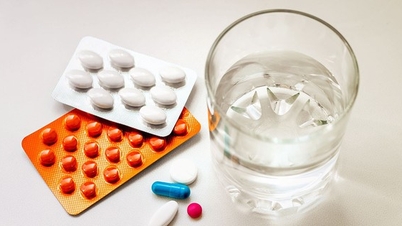










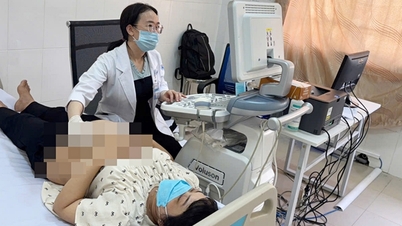





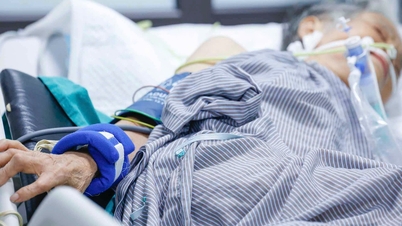




























































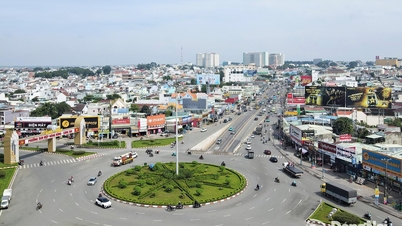

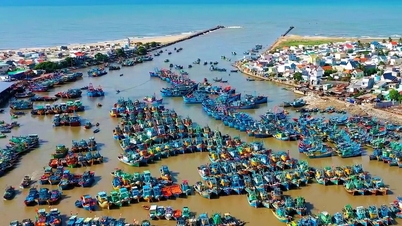


![Dong Nai OCOP transition: [Article 3] Linking tourism with OCOP product consumption](https://vphoto.vietnam.vn/thumb/402x226/vietnam/resource/IMAGE/2025/11/10/1762739199309_1324-2740-7_n-162543_981.jpeg)











Comment (0)